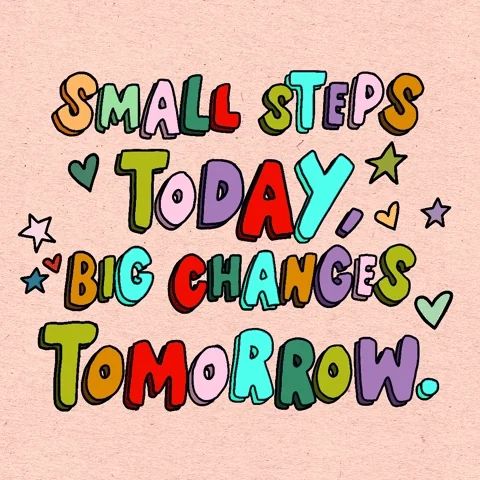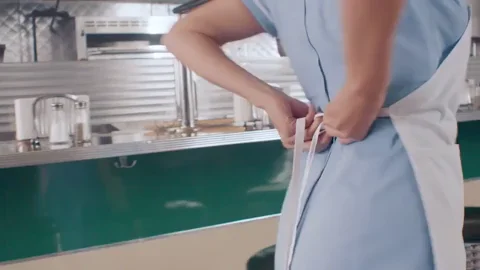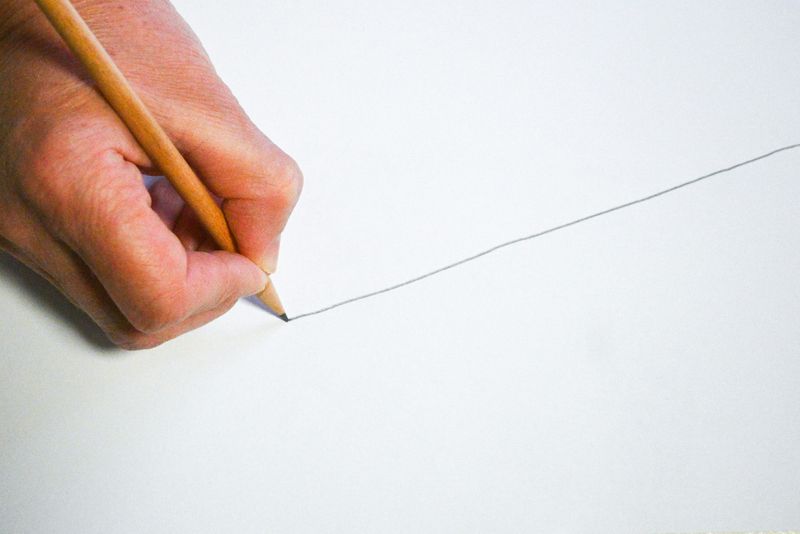Have you been thrown into the deep end at your first job?
Same.
 Photo by Dannie Jing on Unsplash
Photo by Dannie Jing on UnsplashMy first job was as a hostess at a museum. One day, after a fast and chaotic overview — with no time to absorb anything — I was left alone at the reception desk to handle everything myself. I had no clue what I was doing.
 At first, I felt lost but little by little, I started to get the hang of it.
At first, I felt lost but little by little, I started to get the hang of it.
As it turns out, that first job gave me skills I still use years later. So...what did I learn and how did I do it?
1. Problem Solving
As the hostess, I had to keep track of a bunch of small (but important) details.
From organizing the keys for the different rooms to staying on top of when the next group tour was scheduled. Visitors and staff were asking me things I didn't know the answer to!
At first, I froze. I was afraid of messing up, or asking what felt like silly questions.

What I did:
I started getting curious instead of panicking.
When I didn’t know something, I’d calmly ask my supervisor, read through printed notes, or retrace my steps until I figured it out.
I learned that problem-solving starts with:
staying calm
staying curious
confidently asking questions
being resourceful in the moment
Check out this resource that offers great tips on building problem-solving skills.
2. Patience and Organization

I had to juggle several things at once — answering the phone, helping visitors at the front desk, and checking the security cameras, sometimes all within the same minute.
At first, it felt overwhelming. I’d forget details or mix things up because I was panicking.
What I did:
I started writing down anything I didn’t know or was still learning, and organized the notes so I could refer to them quickly when things got busy. For me, a simple paper notebook is still the fastest and most reliable option. For digital alternatives, I recommend apps like Google Keep or Notion.
I made plenty of mistakes in the beginning, but I practiced staying patient, took things one step at a time, and kept things in order — even when everything around me felt chaotic.
3. Setting Boundaries
The receptionist role was extra work on top of my regular hostess duties at the museum. I was still in high school and working weekends, but I gave it a shot and tried to take it on.
Pretty quickly, I realized it was too much for me to handle at the time. Balancing school, weekend shifts, and the pressure at the front desk was too much.
What I did:
I made the decision to step back from the reception role and focus on my other responsibilities at the museum. I learned that it’s okay to say “no” when something feels like too much — and that setting boundaries is part of taking care of yourself.
Check out this Byte for more on this topic: 3 steps to set boundaries with coworkers.
4. Professionalism

Professionalism isn’t about knowing everything — it’s about showing up with the right attitude, appearance, and energy.
Even when I didn’t have all the answers, I learned to stay polite and positive with every visitor.
What I did:
I reminded myself that people were there to enjoy something fun — a museum visit — and I wanted to contribute to that experience.
I always greeted them with a pleasant smile, and made sure to carry myself in a way that felt respectful and professional — standing up straight, staying attentive.
Interested in more on this topic? Check out 4 ways to show your professionalism from DAY ONE on the job.
What You Can Do
Here are the key behaviours and mindsets that helped me succeed — and how they can help you, too.

Ask questions. Don't be afraid! The more you ask, the more you'll understand.

Learn from others. Watch how your more experienced colleagues handle things.

Embrace mistakes. They're part of the journey. Don’t stress over them.

Just try! Even the small tasks can teach you something new.

Be open. Don’t hesitate to show that you're eager to learn.
Scenario: Your First Job at a Restaurant
Imagine you’re a new waiter at a busy restaurant. You’ve just been given your section, and there are a few customers who are a little impatient.

How should you handle the situation?
A. Ask more experienced colleagues how they handle similar situations.
B. Ignore the customers’ impatience and just stick to your routine.
C. Avoid asking questions because you don’t want to seem unprepared.
D. Apologize to the customers and try to resolve their concerns as quickly as possible.
Quiz
How should you handle the situation? Select all that apply:
Take Action

Your feedback matters to us.
This Byte helped me better understand the topic.

